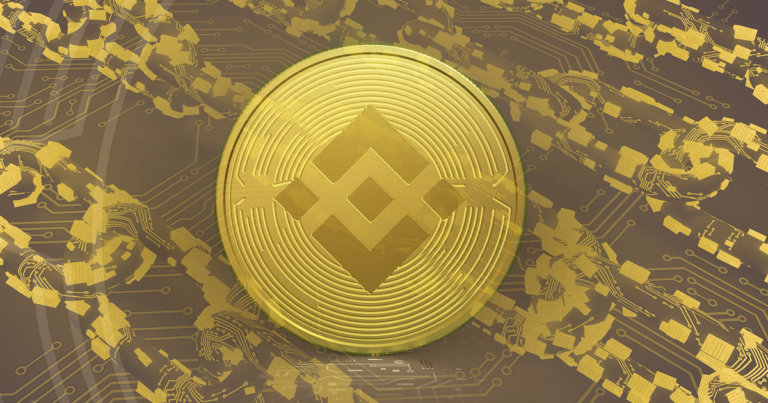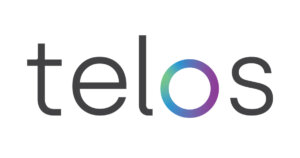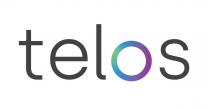 Binance ditches the “Binance” in Binance Smart Chain
Binance ditches the “Binance” in Binance Smart Chain Binance ditches the “Binance” in Binance Smart Chain
In a move that suggests that Binance no longer wants to be directly associated with the BSC blockchain, Binance is removing the “Binance” from the BSC acronym, renaming the blockchain BNB chain.

Cover art/illustration via CryptoSlate. Image includes combined content which may include AI-generated content.
Binance, the world’s largest centralized crypto exchange by trading volume, is removing its name from Binance Smart Chain (BSC), in what appears to be an effort to strike a distance between Binance the exchange and company, and the blockchain ecosystem it created in September 2020. Going forward, the blockchain is named BNB Chain, which suggests a closer relationship with the Binance token BNB.
The BNB token was initially issued in 2017 as an ERC-20 token, running on the Ethereum network. Later in April 2019, it was migrated over to the Ethereum Virtual Machine-based Binance Chain and eventually became the economic fuel for the BSC network.
BNB is now the “Build N’ Build” token
Though not included in the official announcement blog post, Binance CEO Changpeng “CZ” Zhao has previously tweeted that the BNB token should be named “Build N’ Build”, not Binance Coin as most people know it.
The relationship between the BNB token and the now BNB Chain makes the name change somewhat logical. BNB progressed from a native token of the Binance exchange used primarily for trading, into a gas fee token and the main asset of the BSC network – much in the same way ether, the token (ETH) is related to the Ethereum blockchain, a native token primarily used for paying gas fees.
Today, BNB is used by hundreds of dApps, listed on several exchanges, and held by millions of users. BNB is currently ranked number four and is one of the most popular cryptocurrencies with over $65 billion in market cap.
As it says in the blog:
“A lot has changed for BNB since BSC’s launch in September 2020, and today, we’re pushing the BNB ecosystem even further. From now on, BNB and its networks Binance Chain and Binance Smart Chain form the new BNB Chain ecosystem built around this outstanding utility token,”
Struggling relationship with jurisdictions
The announcement does not go into any details as to why Binance chooses to change the name of the network, however, the company has had its struggles with different jurisdictions, including the U.S., U.K., and China.
A qualified guess is that Binance is looking to distance itself from the blockchain network it created, perhaps in an effort to make the network more independent from the company.
The blog post reads:
“The separation of Binance.com and BNB will provide the BNB Chain with more opportunities and freedom to seek innovations. At the same time, BNB Chain will remain loyal to BSC’s mission to deliver the core infrastructure necessary for future public adoption. The BNB Chain will remain a community-first and open-source ecosystem built on a permissionless and decentralized environment,”
Future plans for 2022
In a previous blog post, Binance published its plans for 2022, these include
- Introduction of BSC Application Sidechains (BAS)
- New BSC Partition Chains to offload the strain on BSC mainnet
- Introducing on-chain governance mechanisms
- Expanded validator set from 21 to 41 validators to provide more decentralization and boost scalability.
“These advancements will enable BNB Chain to serve large-scale applications such as blockchain games, SocialFi, and the metaverse and improve the community’s experience. It will also give birth to a new paradigm shift called MetaFi.”
“MetaFi is a concept that provides advanced and sophisticated DeFi infrastructure to all the different types of projects such as metaverse, GameFi, SocialFi, Web3, and NFTs and puts them under one umbrella.”
Decentralization needed to stifle critics
Perhaps the last bullet point above is an indicator of why Binance wants to go down this path. The BNB Chain has often been accused of being too centralized with thus far only 21 validator nodes, compared to thousands of nodes comprising the Ethereum network.
The BNB network has also suffered its fair share of outages, stalls, and (bridge) hacks, and increasing the number of nodes and making the network governance a bit more “community” might be just the right move to stifle critics.
















































